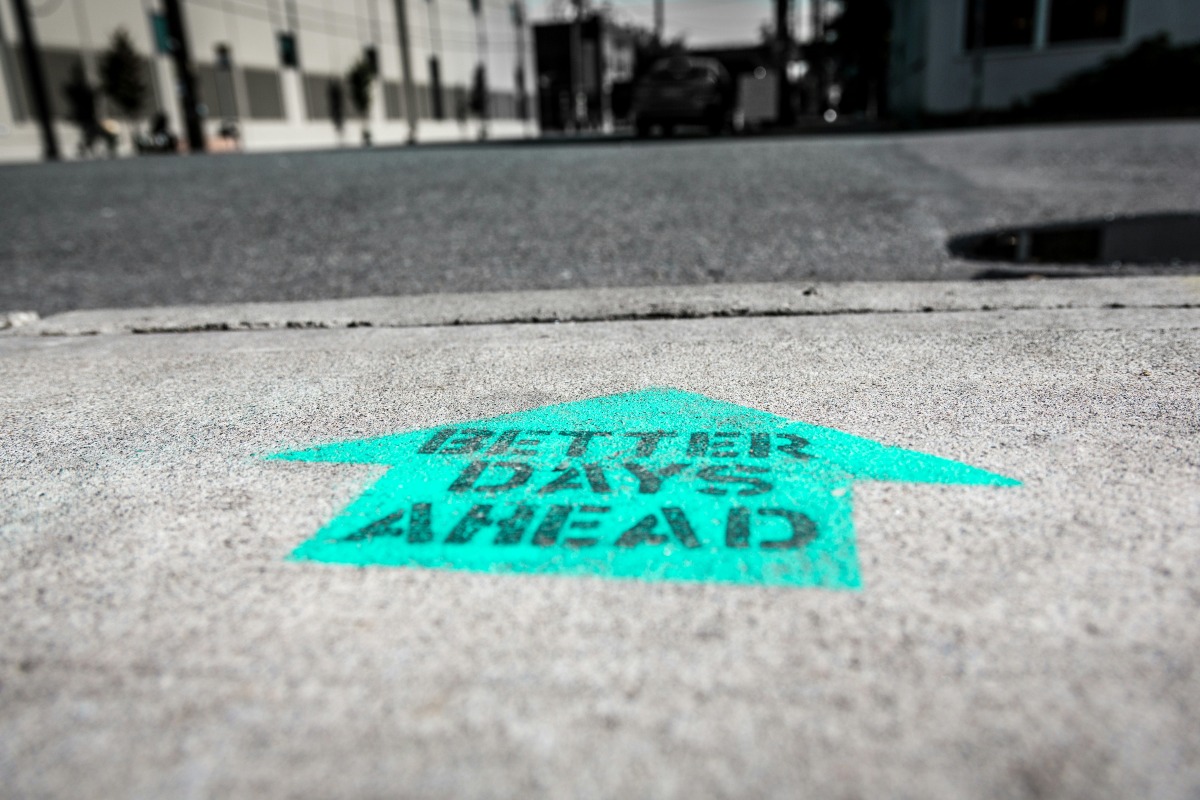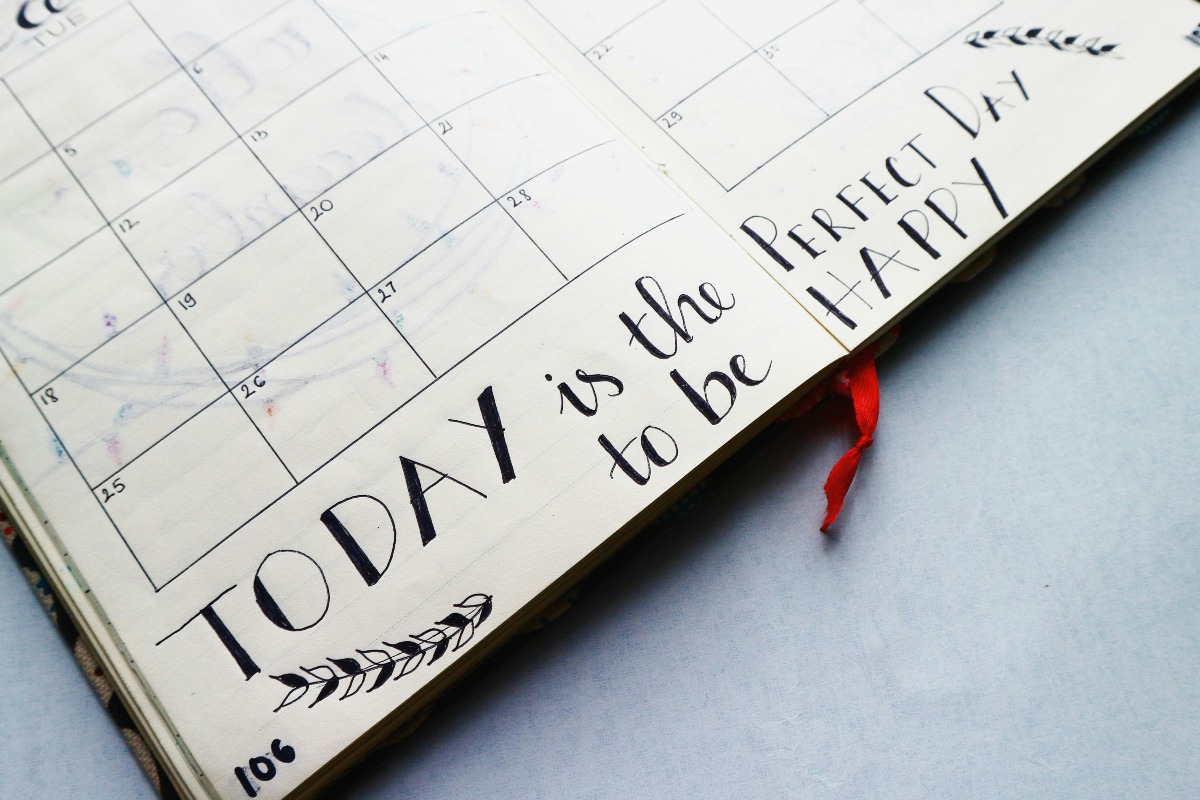Anxiety is a common feeling, and it is normal to experience anxiety at some point. However, despite how universal an experience anxiety is, knowing how to cope with it is a learned skill. Unfortunately, many people may attempt to process or overcome these feelings in unhealthy ways. Self-destructive behaviors are common in those living with anxiety, whether they have a diagnosed anxiety disorder or are simply navigating the stresses of daily life. Learning to avoid self-destructive behaviors when feeling anxious can prevent further challenges in daily life. Moreover, we at Hawaii Island Recovery can help you challenge these behaviors.
The Prevalence of Anxiety
Anxiety comes in many forms, and almost everyone will experience some form of it throughout their life. According to the Centers for Disease Control and Prevention (CDC), an estimated 15% of adults have even experienced some level of anxiety, ranging from mild to severe, in the past two weeks. This number grows in prevalence when measuring across entire months or years. A person also doesn’t have to be diagnosed with an anxiety disorder to experience intense levels of anxiety. Rather, isolated feelings of anxiety can come from common sources like:
- A stressful work environment or looming deadlines, expectations, or difficult coworkers
- Financial stresses and budgeting, especially around times of uncertainty, surprise expenses, or changes in income
- Personal relationships and difficulty communicating with others, recent arguments, or feelings of isolation from others
- Sudden life changes
- Unfair expectations from others or unfair expectations of oneself
Environmental stresses are also a common contributor to anxiety, whether this involves a stressful home life, living in a community where a person doesn’t feel they belong, or where violence may be common. Even living in a politically divided neighborhood can bring intense feelings of stress and anxiety into daily life.
The Various Forms of Anxiety Disorders
Acute and isolated forms of anxiety are common and tied to specific challenges like an upcoming due date, test, or sudden challenge in daily life. However, for others, anxiety can be a more common part of regular life and can even dictate much of how a person feels and behaves every day. Those diagnosed with anxiety disorders not only can feel intense or debilitating levels of anxiety, but these disorders can also take several different forms that need to be addressed differently.
Some of the most commonly diagnosed anxiety disorders include:
- Generalized anxiety disorder (GAD)
- Social anxiety disorder
- Phobias
- Panic disorder
Post-traumatic stress disorder (PTSD) is another form of anxiety disorder that can be incredibly difficult to address. While PTSD is most common in those who are regularly exposed to life-threatening situations, such as in military personnel, veterans, or first responders, PTSD can affect anybody. Sudden traumatic events, the loss of a loved one, being a victim of violence, experiencing physical or sexual assault, or witnessing such violence can all have traumatic implications that can lead to the development of PTSD.
Others may also have a genetic predisposition to developing anxiety disorders. Anxiety disorders can run in families, and having a parent living with an anxiety disorder can increase a person’s chances of developing a disorder themselves. However, even if not diagnosed with an anxiety disorder, some people may also be more sensitive to feeling anxious or stressed than others.
Childhood traumas and stresses can also lead to anxiety, having a major part in daily life as an adult. Experiencing traumatic events during a person’s formative years can fundamentally shape their worldview, perspectives, and attitudes, leading to feeling anxious or experiencing feelings of panic or isolation in daily life. These experiences and feelings of anxiety can even affect relationships and other personal challenges.
The Effects of Feeling Anxious
Whether a person is living with constant feelings of anxiety and discomfort with an anxiety disorder or is experiencing anxiety tied to occasional stress or situations, it can bring uncomfortable challenges. Some of the effects and symptoms of feeling anxious include:
- Increased heart rate
- Fear
- Feeling “on edge”
- Restlessness
- Insomnia
- Nightmares
- Headaches
- Gastrointestinal issues
- Difficulty maintaining focus
- Irritability or being easily angered or frustrated
Anxiety can also cause a person to feel constantly worried, even in events where they would otherwise know they are not in danger. These feelings can cause a person to entertain irrational thoughts, leading to more fears and unrealistic expectations.
Because of the stress of anxiety and its inherently irrational nature, it is common for many people to look for any way to get the feelings to stop despite any potential future side effects. This can lead many to engage in self-destructive behaviors, creating new challenges that may require professional help to overcome.
Self-Destructive Behaviors as Unhealthy Coping Strategies
Anxiety is ubiquitous, but each person may have a unique way of processing the feeling. However, attempting to address these feelings oneself can also lead to many ill-advised coping strategies and potential self-destructive behaviors. This is common, as those feeling anxious will often do anything in the moment to get such difficult and intense feelings to stop. Those living with anxiety disorders may also experience a persistent level of fear that can further inform any self-destructive coping strategies, creating a cycle of self-destructive behaviors.
It is also normal for a person to know that their coping strategy may be self-destructive but engage with it anyway. Understanding the common self-destructive coping strategies to address feeling anxious is just the first step in creating a new and healthy way of processing these feelings.
Substance Use to Cope When Feeling Anxious
One of the most common ways that a person may attempt to address anxiety or the effects of anxiety disorders is through the use of addictive substances. Drugs and alcohol can cause a person to detach and forget about personal stresses when feeling anxious, if only for a time, pushing down these feelings to avoid processing them.
However, as a person uses drugs or alcohol, they also develop a tolerance to its effects and will need more and more of these substances to achieve the same effects. This can quickly develop into addiction if unchecked and can also introduce many other challenges, from financial challenges to implications for a person’s relationships, professional life, personal life, health, and more. These challenges can bring further feelings of anxiety when the effects of these substances wear off, creating a dangerous, cyclic relationship that can be difficult to break.
Lastly, while substance use can cause a person to temporarily push down feelings of anxiety, it doesn’t do anything to address the sources of anxiety in daily life, with these feelings and challenges still waiting and causing more stress. Combined with the stresses of substance use and addiction, a person’s feelings of anxiety can often worsen when using substance use as a coping strategy.
Feeling Anxious and Self-Isolation
Those feeling anxious may also self-isolate in an attempt to distance themselves from stressful situations or people. A disinterest in previous hobbies, not wanting to leave a personal space, or being averse to social events can all be ways of attempting to “protect” oneself from unnecessary stress or anxiety. While this is especially common in those living with social anxiety disorder, it can be a symptom of any kind of anxiety.
People may avoid not only social interactions but also personal responsibilities to distance themselves from stressful situations. For others, this isolation can also extend to calling out from work or avoiding professional or academic responsibilities to lower their levels of anxiety. This kind of procrastination can also be a sign of anxiety.
However, this strategy can lead to other forms of anxiety over time. Compromised self-care outlets, new stresses or criticisms from responsibilities not tended to, and more are all common as a result of this self-destructive strategy. Likewise, this strategy is also common in those who have a perfectionist mentality and who may experience intense levels of anxiety due to the amount of stress or unrealistic expectations they place upon themselves. A perfectionist mentality can make everything seem like a failure and increase anxiety and self-criticism, bringing intense amounts of stress into every aspect of daily life.
Self-Destructive Dieting
Anxiety can also major changes to a person’s diet. Regular mealtimes can become compromised when feeling anxious, and an individual may instead begin to approach their dieting habits entirely differently.
For some, an increase in the consumption of comfort foods, typically high in sugar or otherwise unhealthy, is common to provide a sense of joy despite feeling anxious. However, for others, it is common to begin restricting their diet. Skipping meals can become common, and an overall decreased appetite can be just as destructive. This strategy is often informed by a need to control something, even just the way a person eats. Such a need to feel in control can be birthed due to feeling out of control of other aspects of daily life that are bringing intense amounts of anxiety.
Both strategies can result in unhealthy dieting and changes to a person’s weight, either excessive weight gain or weight loss, both of which can be unhealthy.
Overworking
Anxiety can also cause a person to feel they have to constantly be making progress in something, whether it be a personal project or in a person’s professional life. Overworking is then a common self-destructive strategy for those living with anxiety. This may help a person distract themselves from anxiety at home or feel like they are working towards a particular accomplishment for a sense of completion, despite how unrealistic a person’s expectations may be.
Overworking can quickly lead to burnout, bringing further feelings of anxiety, exhaustion, fatigue, and anger into daily life, thus creating a cycle of anxiety and self-destructive behaviors. For example, as a person becomes overworked, they may turn to unhealthy dieting, like excessive caffeine, which can worsen feelings of anxiety even more.
Focusing On Perceived Failures
Many of those feeling anxious experience a fear of failure, especially when combined with a perfectionist mindset. It can be easy to get trapped in ruminating over past mistakes and focusing on negative events while ignoring positive triumphs and successes. Not only can this cause a warped perspective of a person’s abilities, but it can also be incredibly stressful. While many of those with anxiety may feel they are lingering on these mistakes to find solutions to prevent anxiety in the future, in reality, focusing on these negative outcomes can often bring further feelings of anxiety or even helplessness, creating a difficult and self-destructive mindset.
Avoiding Self-Destructive Behaviors When Feeling Anxious
Anxiety is difficult to address, and a person may also engage in multiple self-destructive behaviors to cope or feel more in control. However, these self-destructive behaviors can often be the source of even more anxiety. Working with professionals at Hawaii Island Recovery or educated peers and supports can be a great way to replace self-destructive behaviors with strategies that can address these feelings and overcome the effects of feeling anxious in daily life.
Remove Drugs and Alcohol
Drugs and alcohol are common, fast-acting, and accessible to those looking to push down feelings of anxiety. Unfortunately, they can be very effective for short periods. However, they often lead to even more difficult feelings when their effects wear off, bringing intense anxiety, depression, guilt, and more into daily life. Working with supports and family to remove drugs or alcohol from the home can be a great way to start challenging their use, especially while feeling anxious.
Agreeing to create a sober household can make those feeling anxious look for other options to navigate these feelings and can also open up an important dialogue about substance use and a person’s relationship and expectations around these substances. Even in those not diagnosed with addiction or substance use disorder (SUD), removing these substances during times of anxiety can be important for prioritizing health and avoiding self-destructive behaviors.
Identify Stresses and Triggers
Knowing personal sources of anxiety can be challenging, especially when anxiety can feel completely enveloping. Working with Hawaii Island Recovery’s professionals, trusted supports, or family members can all be a great way of exploring where a person may be experiencing the most anxiety and how it is affecting other areas of daily life.
Using mindfulness practices and journals to identify stresses and triggers or identify certain patterns can all be important in avoiding self-destructive behaviors and creating a healthier plan. For some, certain times of day, events, people, or places can bring intense amounts of anxiety, even if a person may not be aware of their effects. Knowing these triggers can be paramount for enacting other plans and strategies before turning to self-destructive behaviors when feeling anxious.
Set a Solid Routine
Having a consistent routine can provide a sense of structure and support throughout the day, preventing a person from feeling anxious due to being “pulled” from one stressor to the next. This feeling of control can also help to set healthy expectations. Having a to-do list can not just help structure a person’s thoughts and behaviors but also ensure that a person isn’t overworking or exposing themselves to more stress. It also ensures regular mealtimes, consistent time scheduled for self-care, and time for rest, which is essential for preventing burnout, fatigue, and exhaustion from furthering feelings of anxiety in daily life.
These lists can also provide a feeling of accomplishment, helping a person see their accomplishments in real-time to challenge self-belittling thoughts.
Establish Support When Feeling Anxious
Anxiety can be overwhelming, but nobody has to overcome it alone. Confiding in trusted supports can be instrumental. However, this doesn’t mean that a person necessarily has to tell anyone when they are feeling anxious. Rather, discussing these challenges with trusted friends or family members can be a great way to find effective support.
Keeping contact with one person via text, phone calls, or other mediums once a day can prevent feelings of isolation and provide outside perspectives that can be instrumental in overcoming anxiety.
Consider Professional Help
Anxiety can be debilitating. Overcoming anxiety and self-destructive behaviors is incredibly complicated, especially when addictive substances are involved. Hawaii Island Recovery is available to help address anxiety, trauma, PTSD, and the effects of addiction on daily life.
Overcoming anxiety isn’t about eliminating feelings of anxiety from daily life entirely. Some level of anxiety is still to be expected, and a healthy amount of anxiety can even help a person reach deadlines on time or prepare for upcoming challenges. However, avoiding self-destructive behaviors as a result of anxiety is paramount, and talking to a professional about a person’s feelings, strategy, and potential treatment is the best way to explore if a dedicated program is right.
Anxiety can be a difficult feeling to overcome, especially for those living with anxiety disorders. Self-destructive behaviors can be a common reaction to attempt to address these difficult feelings. At Hawaii Island Recovery, we understand the intense effects of anxiety, as well as how it can connect to other behaviors to help you take the first step into effective, comprehensive care. We offer holistic healing options throughout our programs, helping personalize your treatment from detox and inpatient care to ongoing outpatient support. We blend proven therapies with new experiences, spiritual healing, and the unique healing energy of Hawaii to help you take your first step in transformative treatment. For more information, call us at (866) 390-5070.












